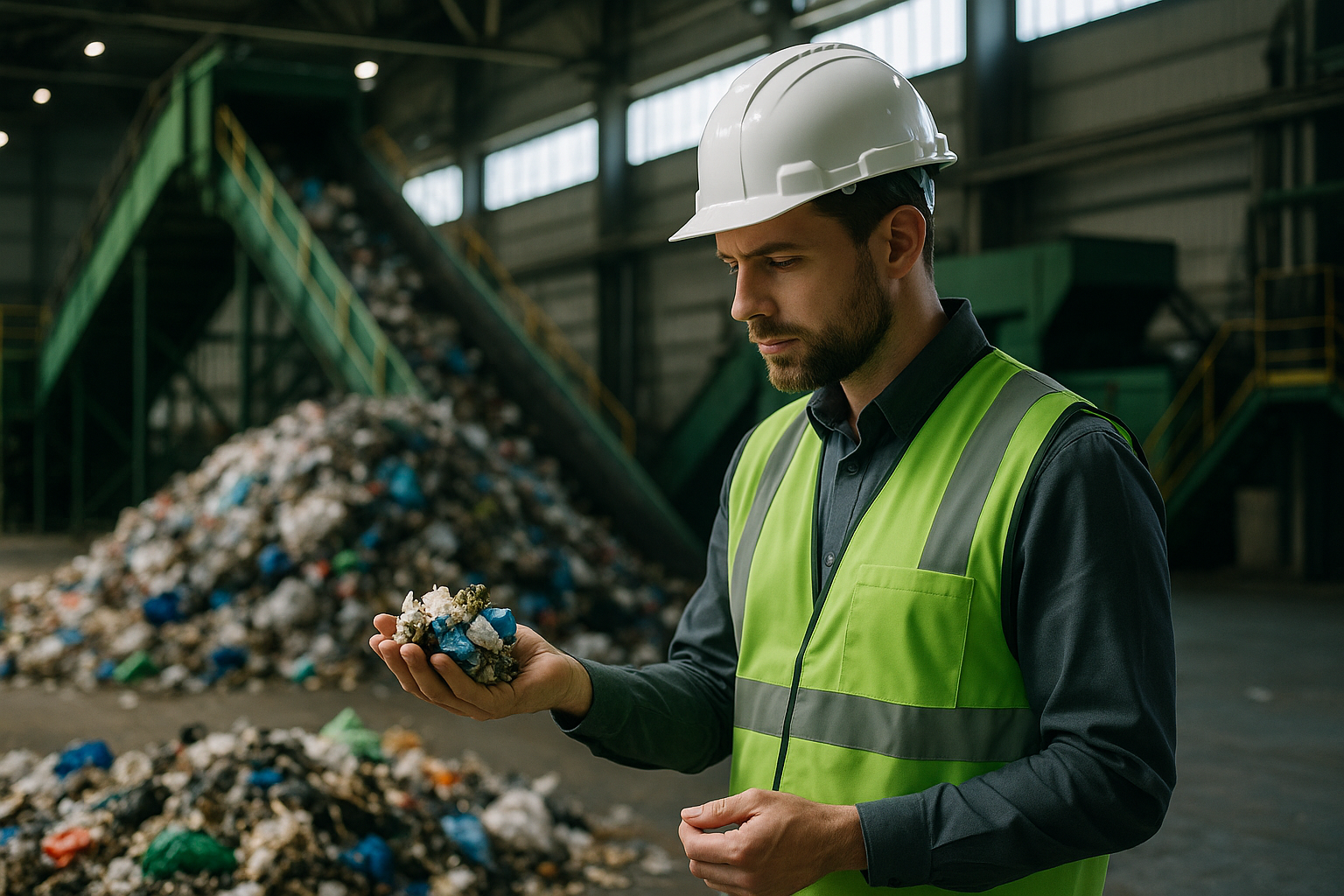Reimagining Industrial Waste Management: A Pathway to Sustainable Growth
Introduction Industrial waste management has been the subject of intense scrutiny and innovation in recent years. This article delves into the evolving landscape of waste management, revealing how businesses can turn waste liabilities into assets for sustainable growth.

A New Perspective on Waste
Historically, waste has been viewed as an unfortunate by-product of industrial processes - a necessary evil to be dealt with in the least costly manner. However, as environmental consciousness has grown, businesses have been prompted to reevaluate their waste management strategies. Today, forward-thinking companies see waste not as a liability, but as a potential resource, a shift that has led to the development of efficient waste management practices.
Current Trends: From Waste to Wealth
In the current business environment, the concept of ‘waste to wealth’ is gaining traction. This approach involves repurposing waste materials into valuable products, thereby creating additional revenue streams. For instance, some businesses are converting organic waste into biofuels or using scrap metal to manufacture new products. This trend not only reduces environmental impact but also enhances profitability.
The Impact of Waste-to-Wealth Strategies
The adoption of waste-to-wealth strategies can yield several benefits. These include cost savings from reduced waste disposal fees, revenue generation from selling recycled materials, and improved brand reputation due to sustainable practices. However, there are also challenges to overcome, such as high upfront investment costs and the need for skilled personnel to manage waste conversion processes.
Research-Backed Insights
Numerous studies validate the viability of waste-to-wealth strategies. According to a report by the Ellen MacArthur Foundation, circular economy practices, including waste-to-wealth strategies, could generate $4.5 trillion in new economic output by 2030. These figures underscore the potential of waste as a valuable resource for businesses.
Practical Implications
Companies aiming to implement waste-to-wealth strategies should consider the following:
-
Assess the type and volume of waste generated to identify potential recycling or repurposing opportunities.
-
Evaluate the feasibility of waste conversion processes, considering factors like investment cost, operational complexity, and potential returns.
-
Collaborate with external partners, such as waste management firms or technology providers, to tap into their expertise and resources.
In Conclusion
Reimagining industrial waste management is not just an environmental necessity but also a strategic business opportunity. By transforming waste into wealth, companies can drive sustainability, profitability, and innovation. This approach represents a paradigm shift in industrial operations, offering a pathway to sustainable growth in the face of environmental challenges.




